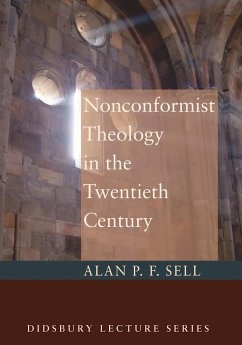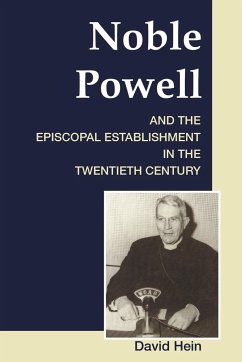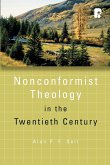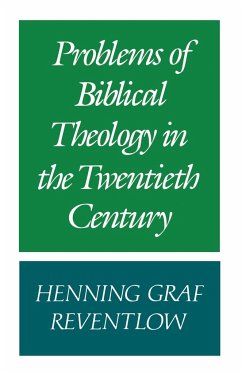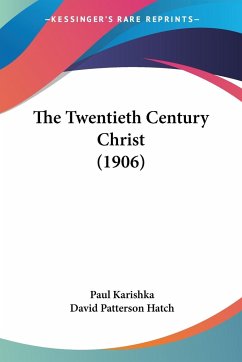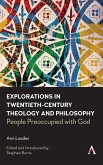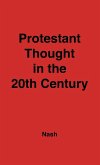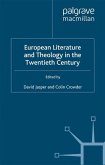Synopsis: This book is the first comprehensive study of the systematic, doctrinal, and constructive theology produced within the major Nonconformist traditions during the twentieth century. By the end of the nineteenth century, modern biblical critical methods were fairly widely adopted, evolutionary thought was in the air, and doctrinal modifications, especially concerning the fatherhood of God, were underway. Sell charts the influence on Nonconformist thinking in the twentieth century of the New Theology associated with R. J. Campbell, the First World War, the reception of Karl Barth, the theological excitement of the 1960s, and growing religious pluralism. The second lecture concerns the major Christian doctrines of God, Christ, the Holy Spirit, and the Trinity. Whereas in the early decades of the century there was considerable emphasis upon the atonement, during the concluding two decades the Trinity received more attention than had formerly been the case. In Lecture Three attention is directed to ecclesiological and ecumenical themes. The Nonconformists are presented as Protestant, and as displaying some zeal in propagating their particular understanding of the Church. The doctrinal aspects of their national and international moves toward inner-family unity and of their broader ecumenical relationships are considered. Eschatology is treated in the concluding lecture prior to Sell's assessment of the significance of twentieth-century Nonconformist theology, and his observations regarding its current state, its future content, and its practitioners. Author Biography: Alan P. F. Sell, a philosopher-theologian and ecumenist, is employed in research, writing, and lecturing in the United Kingdom and abroad. He has held academic posts in England, Canada, and Wales, and ecclesiastical posts in England and Geneva. He is the author or editor of over thirty books, of which the most recent are Convinced, Concise and Christian: The Thought of Huw Parri Owen (Pickwick Publications, 2012) and Christ and Controversy: The Person of Christ in Nonconformist Thought and Ecclesial Experience (Pickwick Publications, 2012).
Hinweis: Dieser Artikel kann nur an eine deutsche Lieferadresse ausgeliefert werden.
Hinweis: Dieser Artikel kann nur an eine deutsche Lieferadresse ausgeliefert werden.

